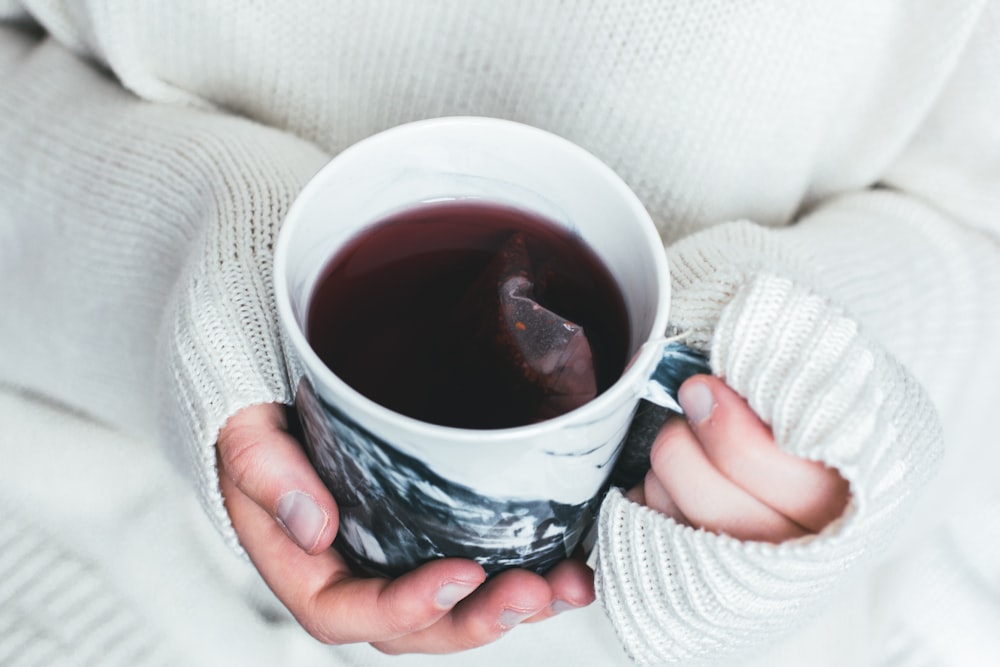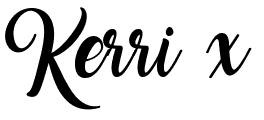In Britain, we drink 165 million cups of tea a day, enough to fill 20 Olympic swimming pools (source: Express)
That’s a lot of tea, and I am one of those heavy tea drinkers. We are all aware of what too much caffeine can do to our bodies, but it affects us in all different ways. So, is drinking decaffeinated tea better for you?
- Living Sustainably at University
- Budgeting during the Cost of Living Crisis – as a university student!
- The Best Bath Salts For Relaxation
- Angels On Bare Skin – Lush Review
- Get Lit: How To Make More Sell-able Candles
I fall in to the category of people that seem to be more affected even by small volumes of caffeine. So, by the recommendation of my boyfriend, I took the switch to decaf, just in the evenings (I don’t sleep. Period)

Nowadays I drink decaf tea more regularly, but it is really better for you? I did some research to find out.
Is Decaf Tea Entirely Caffiene Free?
Contrary to popular belief, decaffinated products are not caffiene free. These products have a significantly lower amount of caffiene in them and should not be confused with caffiene free tea.
The amount of caffeine in a standard tea with milk is between 20mg and 40mg per cup. In comparison, decaf tea contains around 5mg per serving. This will of course vary on how long the teabag is left to brew before it’s removed.
How Much Caffeine Can I Have?
It is safe for adults to consume 400mg/day, but many people don’t consume this much. The average for a woman my age (anywhere between 19 and 30) is around 110/mg day.

I had to include this graph as I thought it was really interesting to see comparatively how much caffeine these drinks contained.
What Are The Benefits Of Tea?
Tea naturally has antioxidants which create a calming affect. It’s a great way to detox your body and bring down blood pressure.
If you’re like me and love a cup of tea before bed, decaf tea is a perfect solution so you’re not wide awake with a sudden rise in energy after the caffeine. If you’re having a day in, it’s far too easy to have cup after cup of tea and not even realise how much caffeine you’re having, which really has an affect on anxiety and heart rate.
So Is Drinking Decaffeinated Tea Better For You?
In a word, yes. But it really does depend on what you’re wanting to get out of it.
There are four main processes that are used to decaffeinate tea, and depending on the process, there is a chance that the chemicals can actually remove many of the antioxidants and minerals it started with, and end up more harmful. If this is what is most important to you, you may be better off having a smaller amount of tea that has more caffeine in, or making sure that you buy tea only decaffeinated by water.
The process of decaffeinating tea by water is done simply by leaving tea in water for a long period of time and then filtered through a carbon filter to remove the caffeine. This method is the most preferable as there are no harsh chemicals involved in the process. 95% of the antioxidants also remain in the tea by this method.

If you’re like me and want to drink tea before bed and enjoy more cups of tea throughout the day without the added anxiety, decaf is a great choice.
For those who are very sensitive to caffeine, caffeine free teas are widely available and be a more preferable option.
If you are one of those lucky people who do not get affected much by caffeine, but want to drink tea for the minerals and antioxidants, regular tea or tea decaffeinated only by water would be the best option.
I hope you enjoyed this tea-y post, that’s not a word but I’m making it one! Now that we’ve jumped in to December it’s got super chilly in England, so everyone seems to be drinking more hot beverages. If you’re looking for a book to cozy up with your cuppa, check out some fab books to get ready for the holidays!


